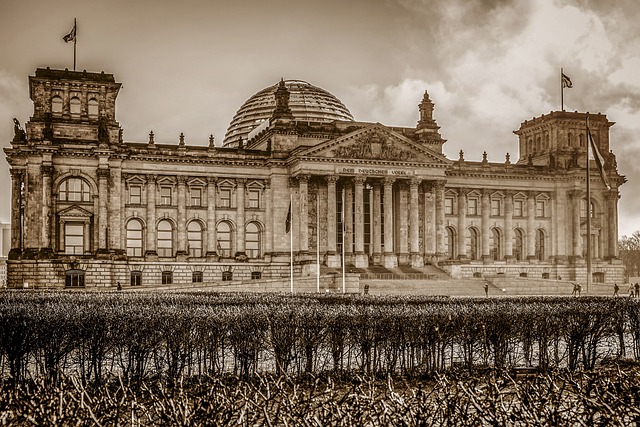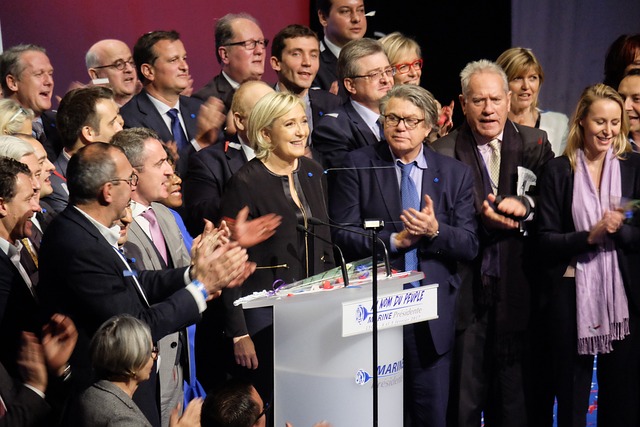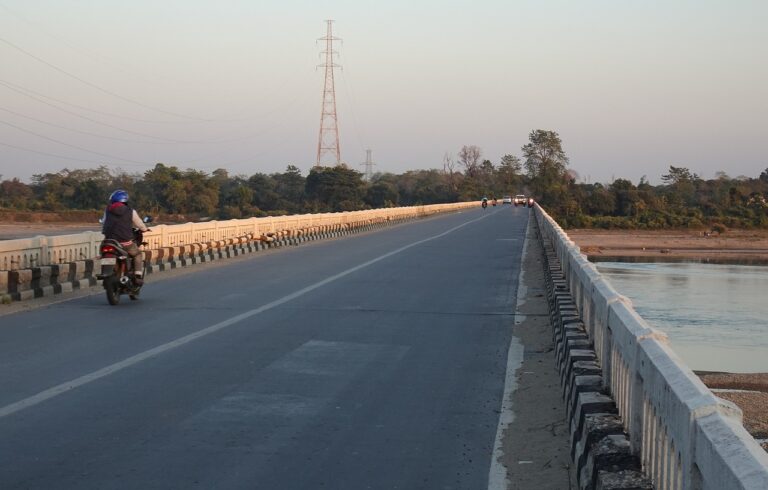The Influence of Political Debates on Election Campaigns
bet book 250.com, radhe exchange login, yolo247 club login:Political debates play a crucial role in shaping election campaigns and influencing voters’ decisions. These debates provide candidates with a platform to showcase their policies, beliefs, and personalities, while also allowing voters to compare and contrast their options. The influence of political debates on election campaigns cannot be understated, as they have the power to sway public opinion, change the trajectory of a campaign, and ultimately determine the outcome of an election.
The Impact of Political Debates
Political debates are often the most-watched events during an election campaign, with millions of viewers tuning in to see candidates go head-to-head on various issues. These debates offer a unique opportunity for candidates to directly engage with voters and present their vision for the country. The performances of candidates during these debates can have a significant impact on their standing in the polls and their overall chances of winning the election.
The influence of political debates on election campaigns is multifaceted. First and foremost, debates provide voters with valuable information about the candidates and their policies. During a debate, candidates are forced to defend their positions, explain their policy proposals, and respond to tough questions from moderators and opponents. This gives voters a chance to see how candidates think on their feet, handle pressure, and articulate their ideas.
Furthermore, political debates can help voters assess the character and leadership qualities of the candidates. How candidates conduct themselves during a debate, their demeanor, tone, and body language all play a role in shaping public perception. Voters are looking for candidates who are knowledgeable, confident, and capable of leading the country. A strong debate performance can bolster a candidate’s image and increase their credibility in the eyes of voters.
Debates also provide candidates with an opportunity to differentiate themselves from their opponents. In a crowded field of candidates, debates can help candidates highlight their unique selling points, policy ideas, and personal qualities. By contrasting their positions with those of their opponents, candidates can make a compelling case for why they are the best choice for the job.
The Influence of Media
The influence of political debates on election campaigns is not limited to the debate stage itself. The media plays a significant role in shaping how debates are perceived by the public. News coverage, analysis, and commentary following a debate can help frame the narrative and influence public opinion.
Media outlets often provide instant analysis after a debate, with pundits and experts weighing in on who performed well, who stumbled, and what the key moments of the debate were. This analysis can shape public perception of the candidates and influence the post-debate narrative. Candidates who are deemed to have performed poorly in a debate may face negative media coverage and a drop in their poll numbers.
Additionally, media outlets may replay key moments from a debate, such as memorable one-liners, gaffes, or heated exchanges between candidates. These moments can go viral on social media and become defining moments of the campaign. Candidates must be mindful of how they present themselves during debates, as a single misstep can have far-reaching consequences.
The Influence of Voters
Ultimately, the most important influence of political debates on election campaigns is their impact on voters. Debates can help undecided voters make up their minds, solidify support for a candidate, or even change their allegiance. The way candidates perform during debates, the arguments they make, and the policies they espouse can all sway voters’ opinions.
Studies have shown that debates can have a measurable impact on voter behavior. A strong debate performance can lead to a bump in the polls for a candidate, while a weak performance can result in a decline in support. Debates can also influence voter turnout, with enthusiastic supporters of a candidate more likely to go to the polls on election day.
It is important for candidates to prepare thoroughly for debates and come across as knowledgeable, relatable, and trustworthy. Debates are not just about winning arguments; they are about connecting with voters on a personal level and demonstrating why they deserve their support.
In conclusion, political debates play a crucial role in shaping election campaigns and influencing voters’ decisions. The impact of debates on campaigns is far-reaching, affecting candidates, media coverage, and voter behavior. Candidates must approach debates with care and preparation, as a strong debate performance can make all the difference in a close election.
—
FAQs
Q: How are candidates chosen to participate in political debates?
A: Candidates are typically chosen based on their standing in the polls, fundraising prowess, and party affiliation. Debate organizers may also set certain criteria, such as polling thresholds or fundraising targets, for candidates to qualify.
Q: Do political debates actually change voters’ minds?
A: Yes, debates have been shown to have a measurable impact on voter behavior. A strong debate performance can lead to a bump in the polls for a candidate, while a weak performance can result in a decline in support.
Q: How do candidates prepare for political debates?
A: Candidates often spend days or even weeks preparing for debates. This can involve studying policy briefs, rehearsing responses to potential questions, and participating in mock debates with advisors playing the role of opponents.
Q: Are political debates biased towards certain candidates?
A: Debate organizers typically strive to maintain fairness and impartiality during debates. Candidates are usually given equal time to speak, and moderators are expected to ask tough questions to all participants. However, accusations of bias can arise if a candidate feels they were treated unfairly during a debate.







